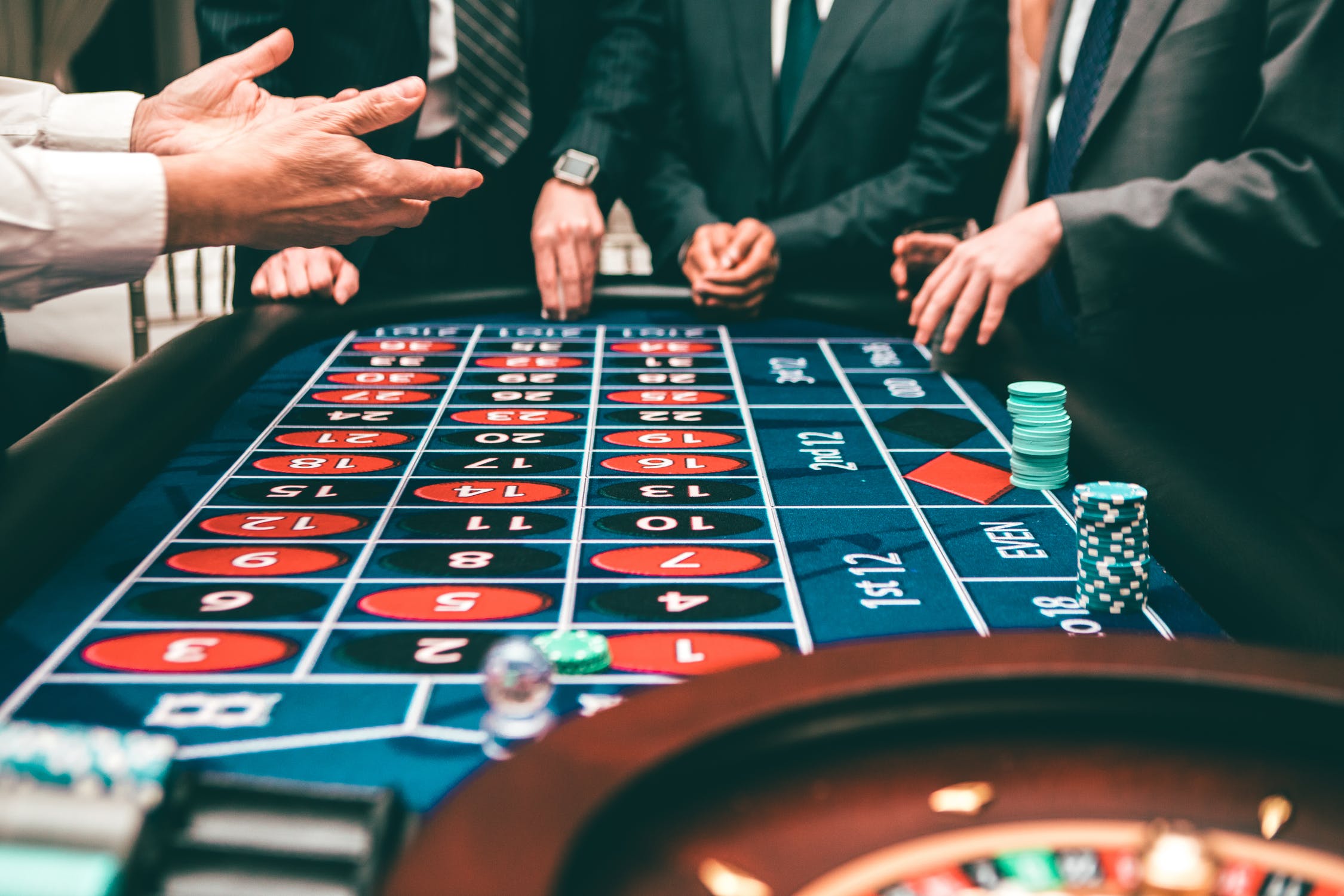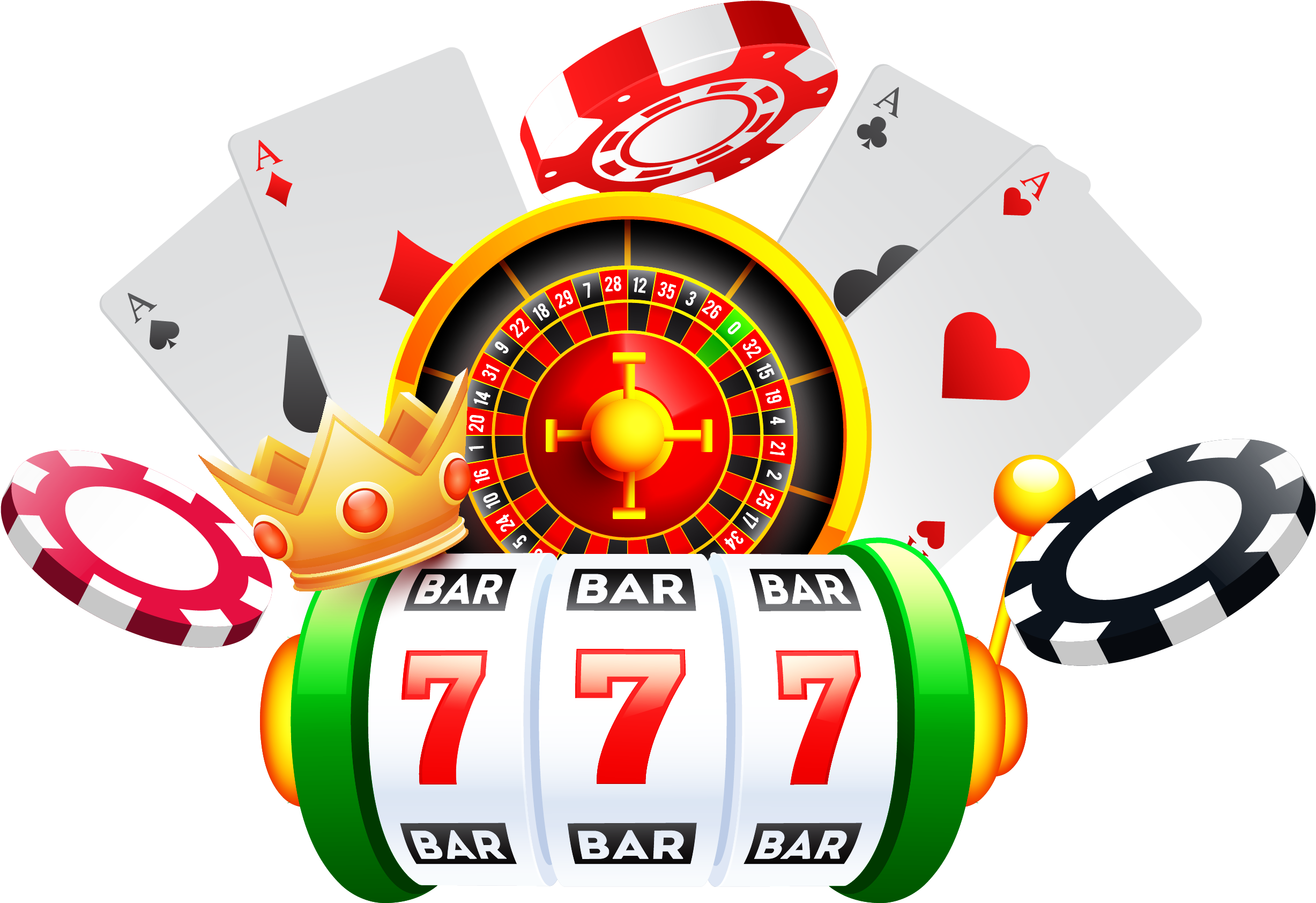Casino entertainment have long been an integral part of human culture, providing not just entertainment but a intriguing reflection of our hopes, ambitions, and concerns. From the rotating wheels of a slot machine to the strategic gameplay of poker, these games embody a range of human feelings and incidents. At their core, casino games are not just a chance to earn cash; they are a snapshot of life itself, where risk and reward intertwine and luck can change in an moment. Nạp tiền F8BET
As players gather around tables or sit in front of vibrantly illuminated machines, they take part in a ritual that transcends mere gambling. These games mirror our innate desires for relationships, thrill, and the search for fortune. F8BET They also reveal deeper truths about human psychology, such as our relationship with luck and the adrenaline of the unknown. In exploring casino games, we uncover not only the nuances of play but also the intricate pattern of the human story, showcasing our woven narratives of aspiration and reality.
The Mind Behind Gambling
Wagering is intrinsically connected in the psyche of individuals, appealing to various emotions and desires. The thrill of risk-taking is a fundamental aspect that draws players in, whether the thrill of spinning a roulette or the excitement of drawing a winning card in poker. This adrenaline is often compared to other forms of excitement, as the unpredictability of outcomes elicits a unique psychological response. Players often become entranced by the chance of winning big, leading to an irresistible draw toward gambling games.
Additionally, an essential component of the psychology behind gambling is the concept of optimism and aspiration. Participants often nourish fantasies of financial freedom and the luxurious lifestyle that can accompany winning. This hope fuels their ongoing participation in casino games, as it provides a sense of purpose and the belief that a life-changing win could be just one wager away. The story of beating the odds and achieving success resonates with many, reinforcing their dedication to play and involve themselves with these games.
Finally, social aspects play a crucial role in gambling psychology. Casino environments are designed to foster social interaction, where players gather to share the experience of wins and losses. This shared aspect not only amplifies enjoyment but also influences behavior, as individuals often mimic the actions of others around them. The collective approval found in mutual thrill can magnify the emotional experience, making casino games a mirror of not just personal desires but also collective engagement within the gaming community.
## The Dual Nature of Risk and Reward
Casino games embody the delicate balance between danger and reward that resonates deeply with human psychology. The excitement of placing a wager is often accompanied by a surge of excitement, as participants are confronted with the chance of striking it rich, yet conscious of the risk to suffer losses. This bipartisan experience reflects a essential aspect of life: the choices we make often come with inherent risks, and the quest for benefit can drive us to take chances we might not normally consider. In this way, gambling activities mirror real-world choices, enticing gamblers to risk not just their funds, but also their aspirations.
The allure of jackpot prizes and winnings fuels a sense of optimism, encouraging gamblers to dream of a better future that could arise from a fortunate turn of the wheel or dealing of a hand. This hope can motivate individuals to engage in more daring actions, pushing them to extend their limits in search of economic benefit. However, just as in life, the results of these risks can lead to both triumph and failure. The narratives of both jackpot winners and those who have lost everything at the tables demonstrate the random nature of chance and its significant repercussions on our lives.
Ultimately, the interaction of engaging with gambling activities serves as a vivid illustration of the human condition. Every game played is loaded with the tension of risk, as players weigh the gains against the dangers. This balance not only highlights the thrill that comes with betting but also unveils the risks that come with the desire for more. As we journey through the complexities of decision-making and results in both the casino and in life, we find that the search for benefit shapes our sense of self and experiences in significant manners.
Society and Loneliness in Casino Culture
Casino culture is a distinct mix of social engagement and individual endeavor, reflecting the dualities of human experience. Players often gather around tables, sharing in the excitement of the game, rejoicing in wins, and sympathizing over losses. This social aspect is essential, as it fosters a sense of community and bonding among varied groups of individuals. Regular visitors to casinos may build friendships and develop routines, turning the casino into a second home where they experience linked to a larger community of players.
However, the appeal of gambling games can also lead to loneliness. As players become engrossed in the thrill of gambling, they may isolate from personal connections or fail to interact with the world outside the gaming space. For some, the pursuit of a jackpot can distract from real connections, leading to loneliness. The situation of being surrounded others yet feeling solitary is not rare, as the focus shifts from collective fun to the individual stakes of each player’s journey.
This interaction of community and solitude creates a rich mosaic that defines gaming culture. It highlights the intricacy of social interactions, where happiness and sorrow coexist. Gambling venues serve as both a refuge for social interaction and a platform for individual challenges, demonstrating how deeply connected our desire for connection and the individual quest for fortune can be. In navigating this landscape, gamblers confront their own stories—seeking both the rush of the game and the companionship of fellow players, ultimately mirroring the broader spectrum of human experience.


